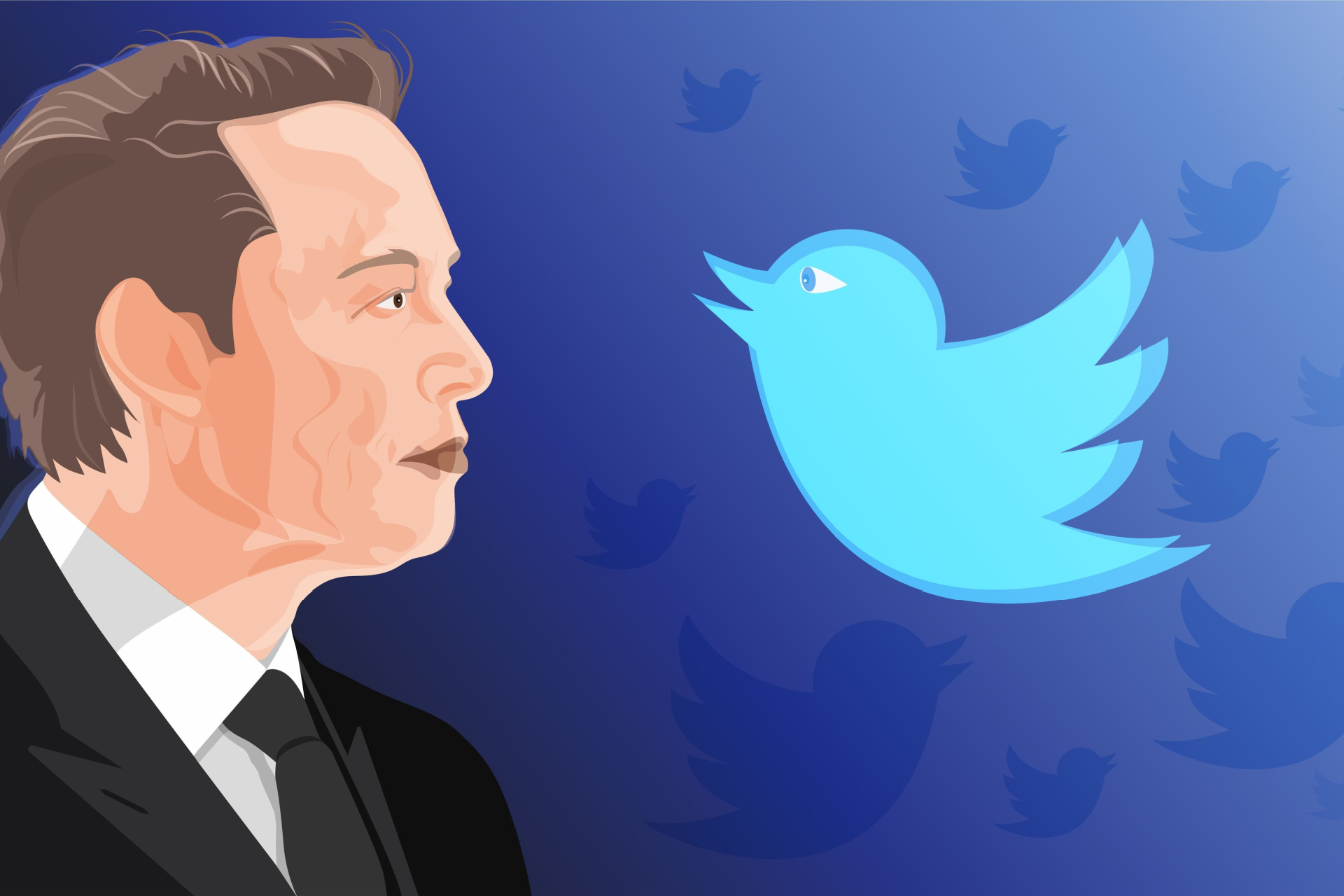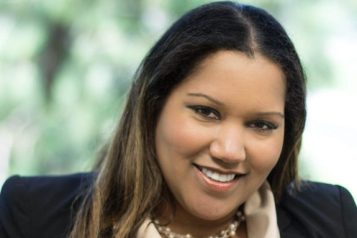Tesla CEO Elon Musk dissolved Twitter’s board of directors Monday, leaving him as the sole director of the global social media platform that he finally owns after the $44 billion deal was finalized last week, Twitter said in an SEC filing.
 Photo Credit: Shutterstock
Photo Credit: Shutterstock
The unseated board members, who were terminated in accordance with the terms of the $54.20-per-share agreement that closed Thursday, included former Twitter CEO Parag Agrawal, former Chair Bret Taylor, along with Omid Kordestani, David Rosenblatt, Martha Lane Fox, Patrick Pichette, Egon Durban, Fei-Fei Li and Mimi Alemayehou, Twitter told the U.S. Securities and Exchange Commission.
Musk agreed to buy out all other shares and take the business private on April 25, then reversed course July 8 and tried to terminate the deal based on alleged disclosure failures involving the company’s revenue-generating traffic and security, among other concerns.
Twitter brought suit against Musk in Delaware’s Court of Chancery in July, seeking enforcement of the agreement. Chancellor Kathaleen St. Jude McCormick scheduled a five-day trial to start Oct. 17, but stayed the action on Oct. 6 after Musk decided that he would move forward with the deal.
Twitter was removed from the New York Stock Exchange early Friday morning, just hours after the transaction was finalized.
An SEC market watch and proxy compliance officer posted a notice before the market opened certifying “that it has reasonable grounds to believe that it meets all of the requirements” for removal. The document cited a federal code provision for cases when an “entire class of the security has been called for redemption, maturity or retirement.”
Musk has taken several actions to make it clear that he is now in charge, fact checking public figures and firing off tweets like, “let the good times roll,” with one from late Thursday evening stating “the bird is freed.”
U.S. Sen. Chris Murphy, D-Conn., announced in a tweet Monday that he planned to ask the Committee on Foreign Investment in the United States, or CFIUS, to analyze the national security implications of Saudi Arabia’s ownership stake in Twitter, calling the non-domestic control of social media sites a “dangerous trend.”
“We should be concerned that the Saudis, who have a clear interest in repressing political speech and impacting U.S. politics, are now the second-largest owner of a major social media platform,” he stated. “There is a clear national security issue at stake and CFIUS should do a review. If this deal goes through, two of the most important U.S. social media platforms will be owned, in whole or in part, by China (TikTok) and Saudi Arabia (Twitter).”
Read more articles from Haute Lawyer, visit https://hauteliving.com/hautelawyer


















